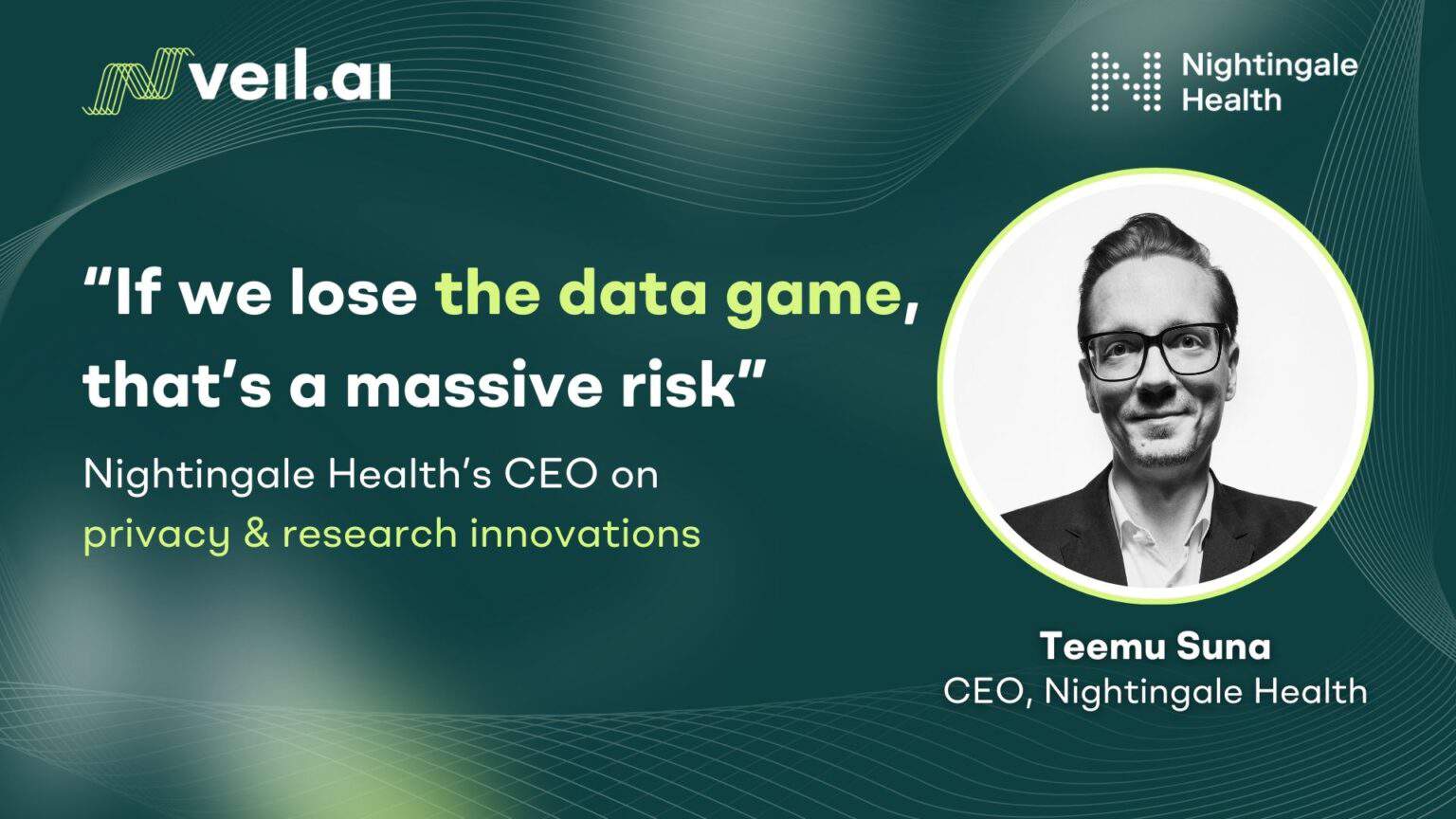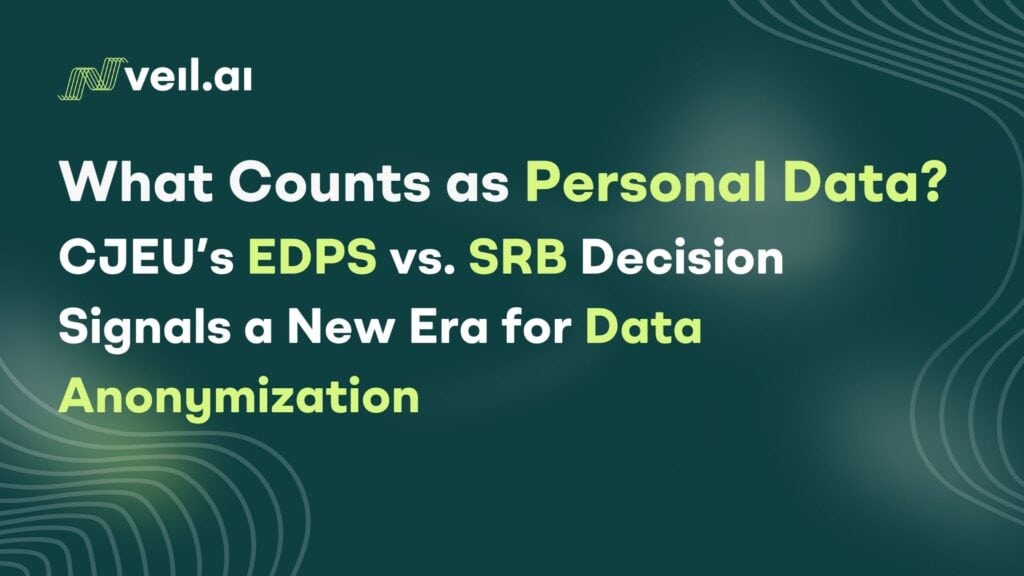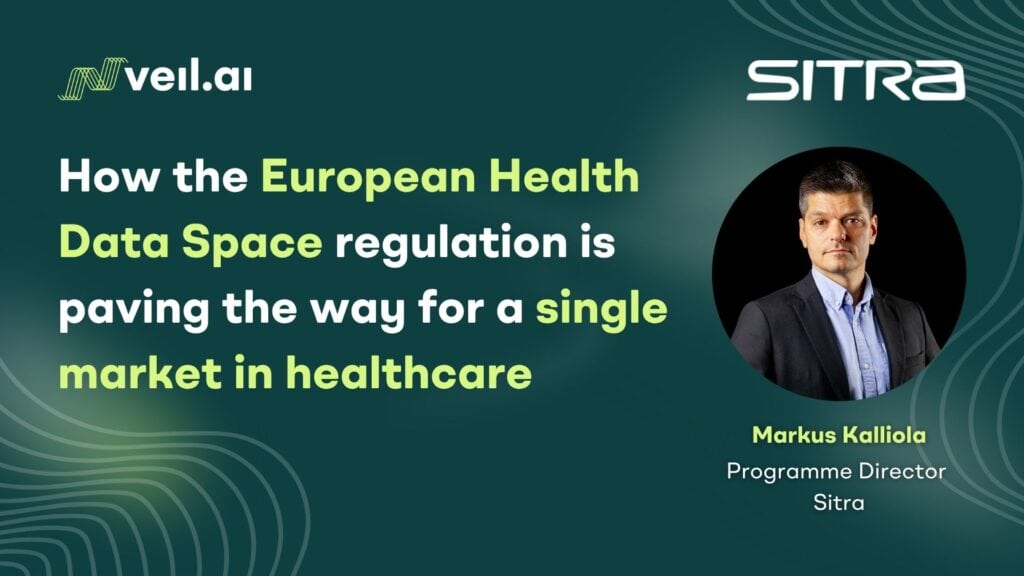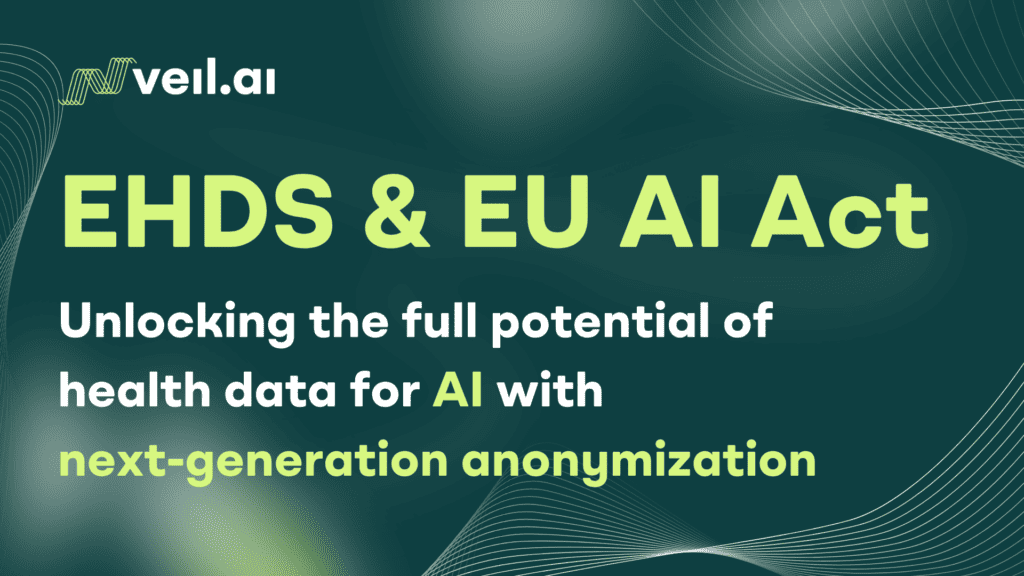CEO of Nightingale Health Teemu Suna reflects on the limitations of a purely legislative approach to balancing data privacy and innovation in healthcare, which is key to overcoming the burden of chronic, preventable disease in healthcare systems in the future. “There are definitely technical means to remove the privacy problem,” states Suna.
As chronic yet preventable diseases like diabetes and heart disease strain global healthcare systems and deepen disparities and access to care, health systems are shifting towards prioritizing prevention. Yet the delicate balance between prevention-enabling innovation and data privacy remains critical, especially in regions like the European Union where individual rights and data security are prioritized.
We had the opportunity to interview Teemu Suna, CEO of Nightingale Health, to discuss the enabling role of technology in precision and prevention medicine at scale. Founded in 2013, Nightingale Health’s mission is to reduce health inequalities and build sustainable healthcare systems precisely by enabling preventative healthcare at scale. Their technology, which predicts the risk of multiple chronic diseases from a single blood test, aims to be a building block towards better tools for prevention in primary healthcare and to ultimately reduce the number of individuals burdened with chronic diseases to a manageable level. As the first so-called ‘omics’ technology adopted into routine use in a nation-wide healthcare system, Nightingale Health seems to be well on its way to achieving this goal.
“The key is to introduce technology that brings significant value without disrupting existing structures.”
– Teemu Suna, CEO of Nightingale Health
Perhaps the success of Nightingale Health is due to its careful consideration of the differences between innovation in healthcare and other areas, where “move fast and break things” is an acceptable adage. “In healthcare, you cannot break the system, but that doesn’t mean you can’t change it,” says Suna. “The key is to introduce technology that brings significant value without disrupting existing structures.”
This philosophy of “without breaking anything, changing everything” enables the deployment of innovative technologies at a systemic level in existing healthcare structures, explains Suna. This widespread adoption is key to creating sustainable healthcare systems and reducing healthcare inequality, where the key to prevention for chronic diseases often lies in behavioral change— quitting smoking or losing a few kilos, for example.
“Many times we talk about this behavioral change at the individual level, but the actual change needs to happen at the systemic level,” says Suna. “If we build a health system where we don’t give people any tools, or very weak tools, I understand it doesn’t resonate very well,” says Suna. “But if the health system can make people more aware and empower them, that makes a difference. People are so smart when they get better information. And from the population health point of view, how many people need to change their behavior in order to have a significant effect? Not that many.”
However, the promise of deploying innovative technologies that enable precision health at scale raises an important challenge: data privacy. Europe’s General Data Protection Legislation (GDPR), while crucial in safeguarding personal information, has often been criticized for potentially stifling research and innovation. When asked about the impact of these regulations on healthcare innovation, Suna advocated for a more technological rather than purely legal approach to privacy.
“If we create a framework that makes it very, very difficult to share data, we will lose the competition.”
– Teemu Suna, CEO of Nightingale Health
“It’s a huge missed opportunity if legislation limits data sharing and collaboration too much,” he warned, emphasizing that such limitations could hinder the development of better solutions not just in healthcare, but any field. “If we create a framework that makes it very, very difficult to share data, we will lose the competition. Speaking about Europe, we will lose the competitive advantage because many other countries will find a way to utilize the data to build better tools. If we lose the data game, that’s a massive risk.”
Suna pointed out that there are technologies that can overcome these privacy concerns. “We have very good tools and means to anonymize data,” Suna states, creating representations of an individual’s data that represent only the statistical features, and cannot be linked back to an individual. This is unlike pseudonymized data, which only removes direct identifiers and still presents a huge potential privacy risk. “There are definitely technical means to remove the privacy problem. We need to understand what the possibilities of technology are to make it possible to utilize the data.”
The challenge of maintaining data privacy while fostering innovation in healthcare is significant, but not insurmountable. With the right technological solutions, such as VEIL.AI’s next-generation anonymization engine, it is possible to protect personal information without stifling the progress of vital research. VEIL.AI’s approach allows for the secure, GDPR-compliant use of individual-level data, ensuring that healthcare providers can continue to innovate while keeping patient privacy at the forefront. As the landscape of healthcare evolves, VEIL.AI is positioned to be a key player in enabling this delicate balance between privacy and innovation.
